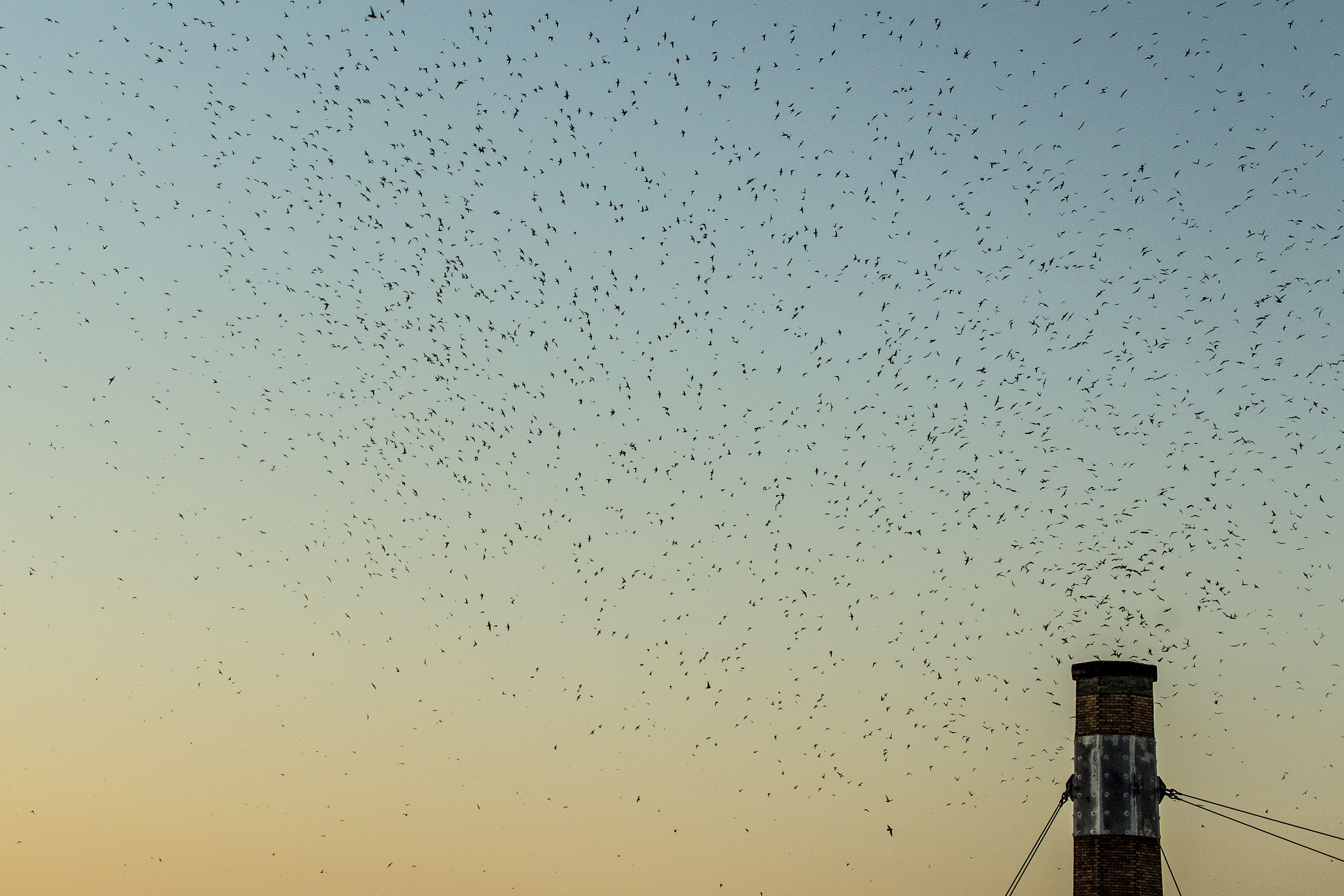This Is Oregon Scientists' Plan to Save the World

Image: macondo/shutterstock.com
Let’s face it: our ecosystem is on track to absorb the worst consequences of climate change. Scientists at Oregon State University have a radical new proposal to mitigate the damage.
Researchers led by well-known OSU forestry professor William Ripple, including scientists in the Netherlands and Australia, published their proposal in an article in Environmental Research Letters this month called "An Environmental and Socially Just Climate Mitigation Pathway for a Planet in Peril."
What's unique about their plan? Most other approaches assume that the GDP will continue to grow. Their “restorative pathway” imagines a world without continued economic growth: “We’re offering a much-needed contrast to many other climate scenarios which may be more aligned with the status quo, which isn’t working,” Ripple shares in a news release.
This low- or no-growth economics is often dismissed as impractical, detrimental to technological advancement, and even against human nature. But the authors argue that the approach might be our only real shot at avoiding climate catastrophe: “It is time to acknowledge that business-as-usual for a planet in peril is no longer viable,” they write.
The scientists have no illusions about popularity. “We understand that our proposed scenario may be a major challenge to implement, considering trends in emissions, a lack of political will and widespread social denial,” Ripple says in the news release. “But its merits can’t even be honestly debated if it’s not included in the suite of options.”
Their plan centers on "radical incrementalism," achieving enormous change through tiny, very short-term steps. The pathway reaches far beyond the usual boundaries of environmentalism, combining nature preservation efforts with social justice, to decrease croplands in favor of forestlands, boost biodiversity, reduce income inequality, and increase education access for girls and women in an effort to lower fertility rates. Reducing overall resource consumption, including by transitioning to diets lower in meat, also plays a central role.
“We aim to bend the curves on a wide range of planetary vital signs with a holistic vision for addressing climate change, biodiversity loss and socioeconomic injustice,“ Ripple continues. “Our work presents a case for how humanity can embark on the journey of saving the world.”




